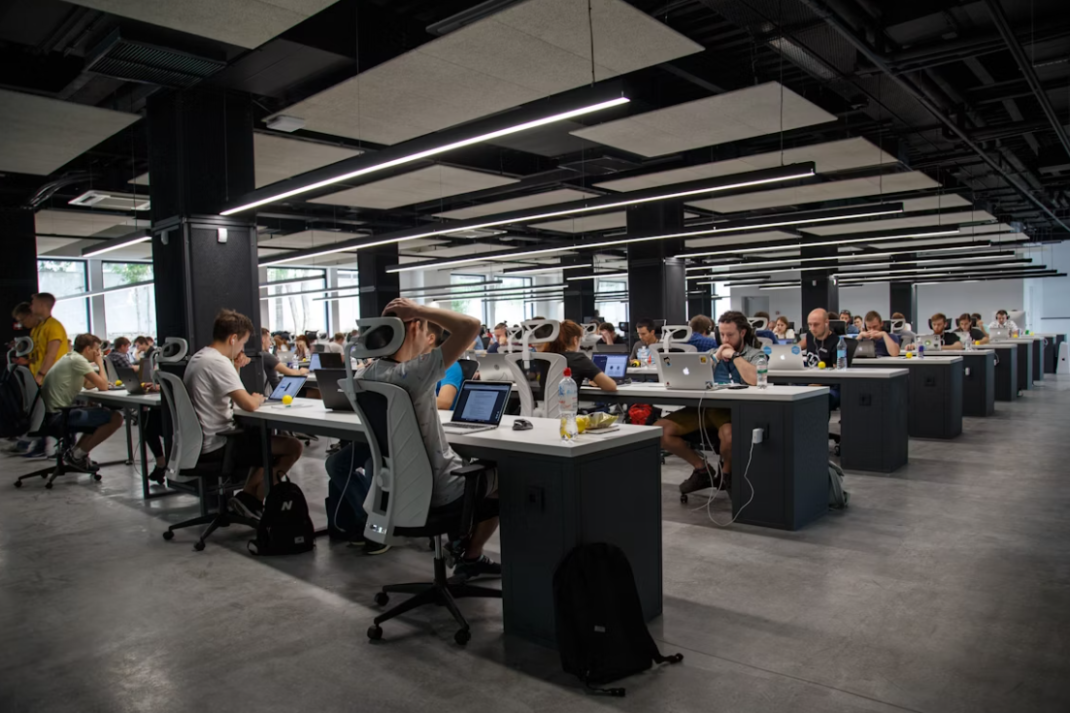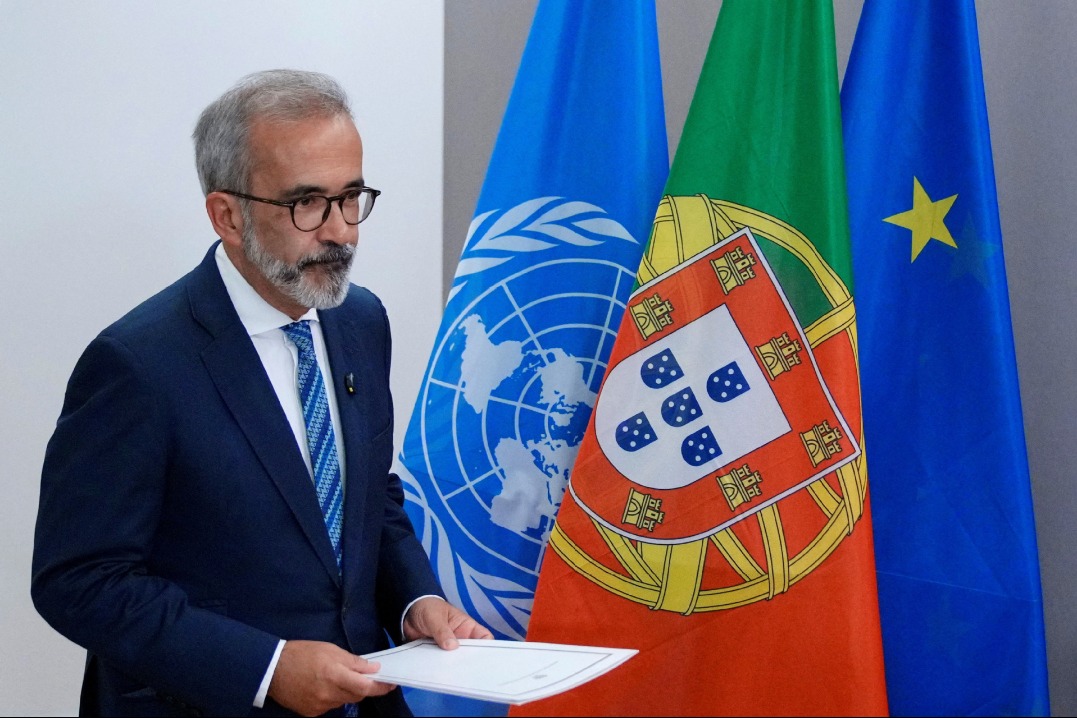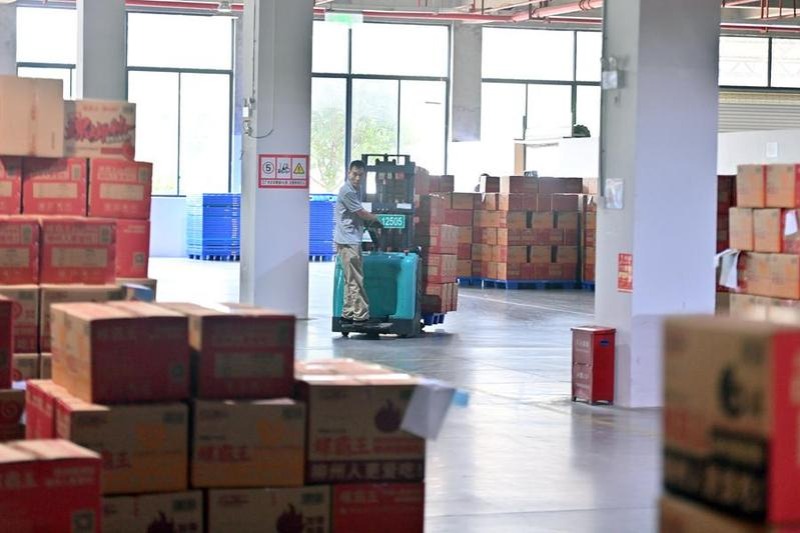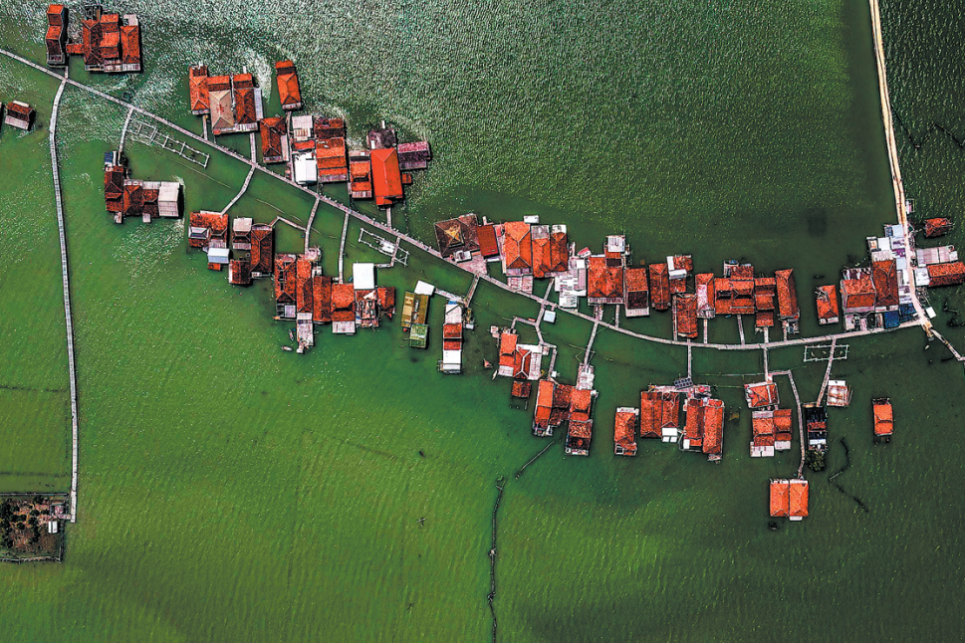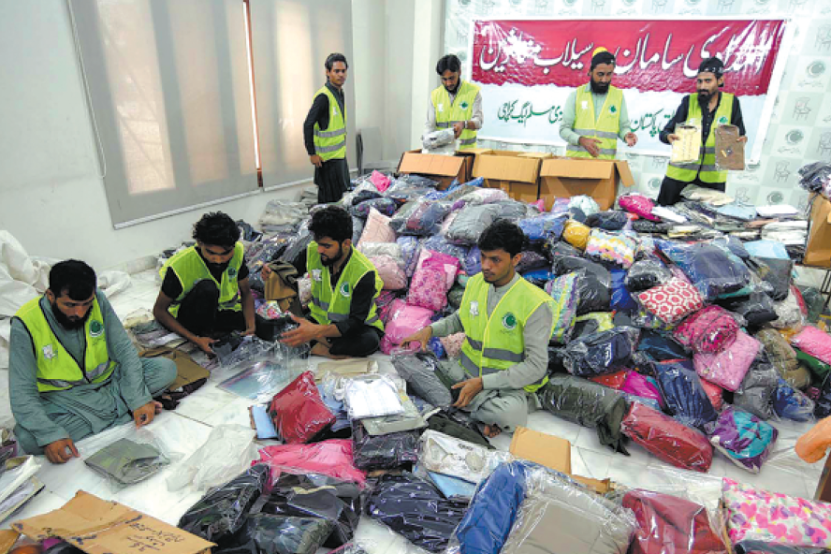Ambassador Qin Gang's interview with US mainstream media


On August 16, Ambassador Qin Gang took a joint interview of the US mainstream media in Washington DC, including Reuters, Associated Press, Bloomberg, National Public Radio, The Washington Post, The Wall Street Journal, The New Yorker, The Hill, POLITICO, Axios, Defense One, and he answered questions on China-US relations, the Taiwan question, Hong Kong-related issues, and China's diplomacy. The transcript of the interview is?as follows:
Josh Rogin (The Washington Post):?Mr. Ambassador, thank you so much?for?taking time today. Recently, your counterpart in Paris, Chinese ambassador?in France, said on two separate occasions that the Chinese government was planning for reeducation of the Taiwanese people after reunification. Can you explain to us what that means? What does that look like? Is the?reeducation modeled after?Hong Kong? Or is it modeled after?Xinjiang? Is it modeled after Tibet? What kind of reeducation are you planning?after reunification?
Ambassador Qin Gang:?I don't know under what circumstances and?in what context our Ambassador said this. But?my personal understanding is that people on both sides of the Taiwan Straits are Chinese and the mainland and Taiwan belong to?one and the same China. We need to reinforce the identity, our?national identity.?So I think this is what he really means, but I can't speak for him.
Josh Rogin:?A quick follow up. You mentioned?that in your op-ed in?The Washington Post that published it that peaceful reunification?is?the preference,?and that seems to me that you need to?persuade the Taiwanese?people to join back with China voluntarily. How's that going? How goes your efforts to win the hearts and minds of the Taiwanese people??You?think it's?working?
Ambassador Qin Gang:?As a matter of fact, over the past years the mainland has?done many?things to?promote?the?peaceful development of cross-Straits relations. We?have shown?our goodwill. Taiwan is a small?place. Its market is limited, and there's not big room for Taiwan to develop its economy and livelihood. The future of Taiwan depends on the reunification with the mainland, and over the past?decades, we've?done so much. For example, there are one million Taiwan people living on the mainland. They are happy. They are doing their business,?and they are opening their factories.?They are studying?on the mainland.?Over the past years, the trade volume has doubled to more?than $320 billion. Taiwan enjoyed $170 billion in surplus. The mainland is the largest trading partner?and the largest source of trade surplus for?Taiwan,?and we have very frequent travel?across the Taiwan Straits. I think that helps the understanding, mutual understanding.
Josh Rogin:?So why do you think that the Taiwanese people overwhelmingly say?they don't want to join?the mainland?
Ambassador Qin Gang:?We try to achieve peaceful reunification. It is our wish, because we believe that serves?interests of the people on both sides of the Taiwan Straits. People?on both sides are compatriots.?The last thing we do is fight with our compatriots. We will make?our utmost efforts?and show the greatest?sincerity to achieve peaceful reunification. The reason for us not to renounce non-peaceful means for?reunification?is?not targeting?at?the Chinese people?in Taiwan.?It is to deter?a small number of separatist?forces?and to deter foreign?intervention. For the arrangements after the reunification,?we have proposed?the philosophy of "One Country,?Two Systems". This is?the best design for Taiwan. "One Country, Two Systems"?was first put forward to resolve the Taiwan question. We believe it has fully considered Taiwan's realities, and it's conducive to Taiwan's long-term stability and prosperity.?As for how to deliver it, we will take suggestions from people on both sides of the Taiwan Straits and fully accommodate the interests, sentiments of?our?brothers and sisters?in Taiwan. "One Country, Two Systems" is still the most inclusive?solution to resolve?the Taiwan question.?It's?a peaceful,?democratic and win-win solution that shows our goodwill. Different political systems?are not an obstacle to reunification and they are not a?pretext to separate Taiwan from China. So we believe that as the Chinese nation realizes?reunification,?there will be greater room?and possibilities for the implementation of the Taiwan solution of "two systems".

















